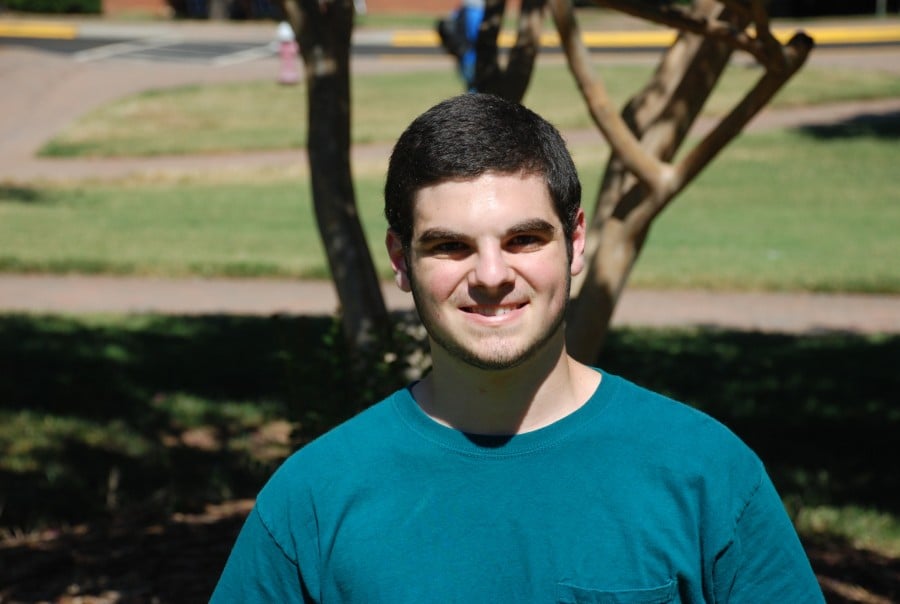John Zickefosse did not learn to read until he was 35 years old. He graduated from high school without being able to read his diploma.
The truly sad part about this story is it is all too common, even in Guilford County. Students just like Zickefosse get through the school system without even knowing how to read.
This year, the Guilford County School system issued a challenge to collect one million books by January 2012. The countywide initiative is an effort to prevent illiteracy and make reading a priority. The idea is to put books in the hands and homes of students who want to read, and give all students an equal opportunity to learn. The Guilford community, as it so often does, responded with generous support.
A group of students, hoping to help Guilford County Schools in their effort, launched the Guilford Book Drive. As a member of the executive team of the Guilford Book Drive, I saw first-hand just how much the Guilford College community was willing to help their neighbors in Guilford County.
I saw struggling college students give away books that could have been sold for a few bucks and a nice weekend. Prized possessions were given away with “the hope that some other kid will love it as much as I did” said former student David Lee.
The Guilford community donated more than 600 books to the Guilford County School System, benefiting the countywide initiative. The books will be disseminated to schools and also available through a central warehouse for teachers to request. Additionally, adults like Zickefosse will be able to access them through new parent-education programs being established.
However, some critics have said that donating books is just giving to nothing, stating that the school system is so crooked that there is no use in even trying to help those students who struggle and that the school system dooms them in the first place.
But I believe the real problem often lies in unequal beginnings, with students not reading books outside of school. This initiative allows for an increase in book availability for many Guilford County students. By allowing the opportunity to learn, you give kids a shot, a chance to not have to live with illiteracy.
The success of this particular project deserves recognition, but the real credit lies in the resources that Guilford has to offer, and the people who go here.
The Center for Principled Problem Solving backs small group projects throughout Guilford College, giving these projects the resources to help others, and to learn along the way. The CPPS gave our project backing and was one of the key reasons for its success. Kim Yarbray, project and communication manager of CPPS, led us throughout and contributions were crucial.
Many colleges have programs for leaders or service involved in their curriculum. However, few go as far as Guilford does in helping any member of the student body create, facilitate, and run an actual service project. No matter what your interests may be, or how you want to help others, the greatest part of Guilford is that there is a system set up to make sure you can.
John Zickefosse is called Mr. Z now, and he talks to children about learning to read at a young age. Public education may be broken, and kids may not want to learn like they used to, but when students graduate without knowing how to read, that is when everyone has to help change.

